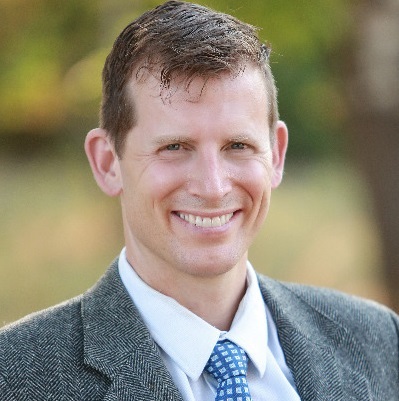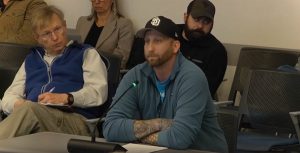Debates offer hope for consensus on unsheltered homelessness
3 min read
by Marty Wilde
The three gubernatorial candidates recently found some surprising agreements surrounding unsheltered homelessness. Politics is often said to be the art of finding things to agree on, although that can be easy to forget in the middle of a contentious campaign season. Much still divides the candidates, but their agreements on the scope of the challenge, substance abuse treatment, and unsupported camping give me hope that we can find consensus and move forward to address the problem.
Homelessness is a major problem in Oregon. Despite their very different perspectives, all three candidates agree that unsheltered homelessness is a serious challenge facing our cities. This tracks with my own experience speaking with voters this year. Voters approach the issue with different values and priorities, but they generally believe there’s an urgent need for state and local governments to do more to address the problem.
The candidates recognize that people can’t be compelled to accept substance abuse treatment. I found this the most surprising of the agreements I heard. People see that those suffering from addiction must want to stop before treatment will help. At a recent treatment court graduation ceremony, I was surprised to hear that many of the graduates had been in the program for years. It took them a long time, but they didn’t give up. We should always offer the opportunity for treatment and providing practical incentives may help, but forcing treatment on someone who is not ready to embrace it does little good and often denies someone else who is motivated to change the resources to help them do so.
Unrestricted, unsupported camping doesn’t benefit anyone. All three candidates agree that the current state of affairs is the worst of all our options – people living in unsupported camps, often in dangerous areas, with negative impacts on the surrounding neighborhoods. After all, even recreational campers in planned campsites require some support.
While no candidate seems to fully embrace Mayor Wheeler’s embryonic plan to provide supported camping in mega-sites with 500-1000 tents, they agree that moving the campers out of unsupported sites and into supported sites or, ideally, permanent housing, is better for both the unhoused and their neighbors. Polling in Portland suggests that 80% of respondents approve of taking some action to use supported sites to address the ongoing problems associated with the current unsupported camps, although fewer voters wanted a supported camp in their own neighborhoods.
The challenge with supported camping has been finding the right scale to accommodate the requirements for community impact, effectiveness, and the provision of services. Over the years, I’ve volunteered at Egan Warming Center sites that hosted from 20 to 150 guests. Increasing the size always exponentially increases the problems. A single person suffering a psychiatric crisis can prevent everyone from sleeping, while someone not committed to sobriety can have a negative impact on those who are. It may seem easier to provide services for larger sites, because they appear to offer efficiencies of scale. But experience has shown that the “efficiency” of large sites may be an illusion; at large sites, people in crisis create disruptions that disturb others or block their access to essential resources.
Perhaps we should provide different sites for people with different needs. People who can function in social settings may prosper in small self-governing sites like the Nightingale shelter near my house, while those with more serious challenges require sites with more support. Unsheltered homelessness does not have one singular cause; it won’t have the same solution for everyone.
I don’t claim to have all the answers to the problem of unsheltered homelessness. However, it is very encouraging to see some agreement among the candidates for governor on some aspects of the problem. After Election Day, when all the shouting and name-calling is done, their agreement gives me hope that we can come together as communities to address one of our biggest challenges.
Marty Wilde represents Oregon House District 11. He is a candidate for the Lane County Circuit Court. Contact him by email at wildefororegon@gmail.com.






